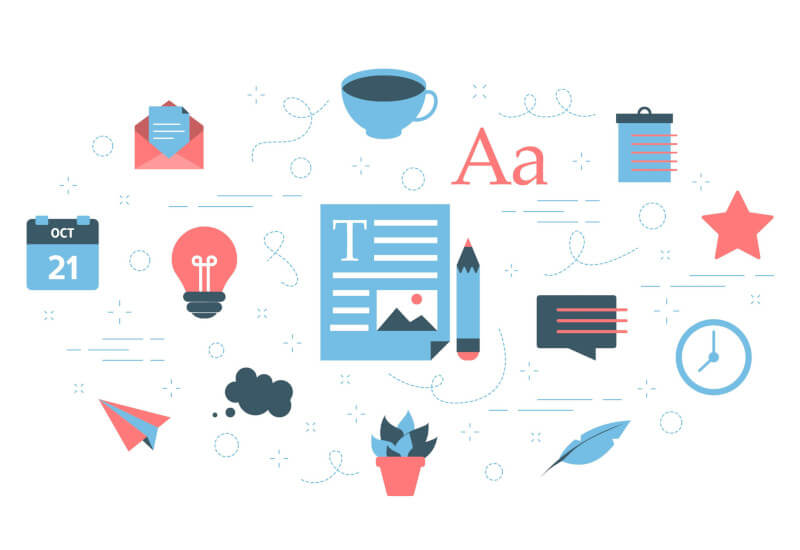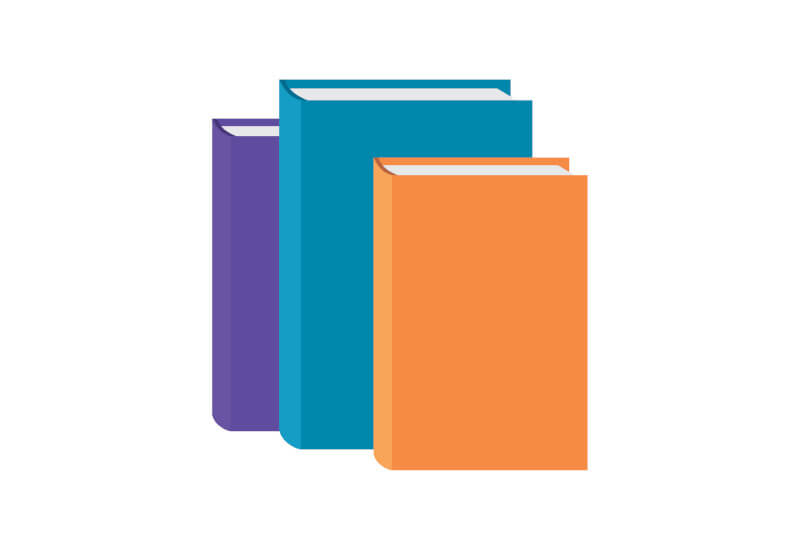How to Write a Medical Journal Article: 10 Tips for Clear, Publishable Manuscripts
Preparing an article for submission to a medical journal doesn’t have to be daunting. With a clear structure and a few key writing strategies, you can make your manuscript easier to write and more likely to get published. Here are 10 simple tips to help you craft a compelling, professional article.











